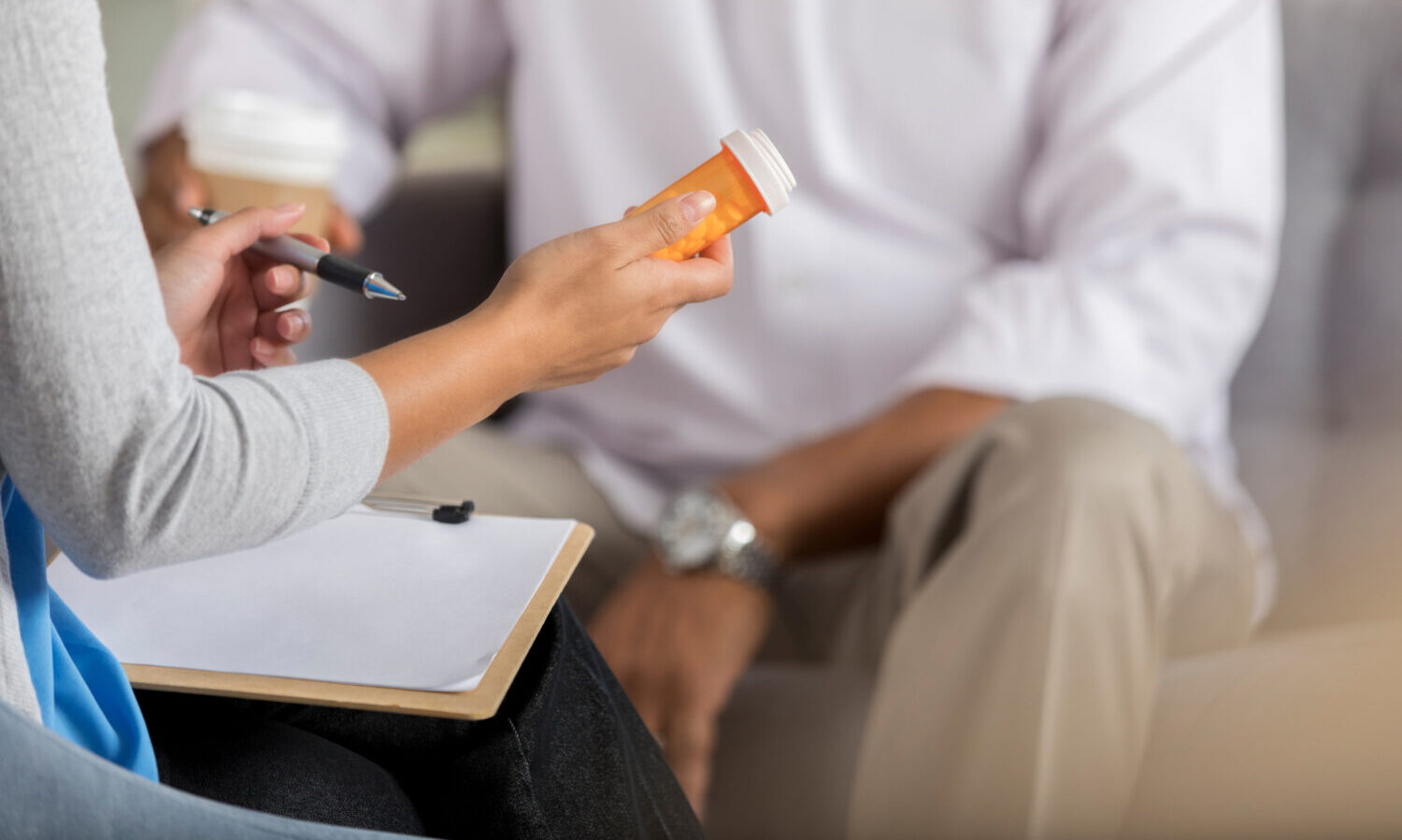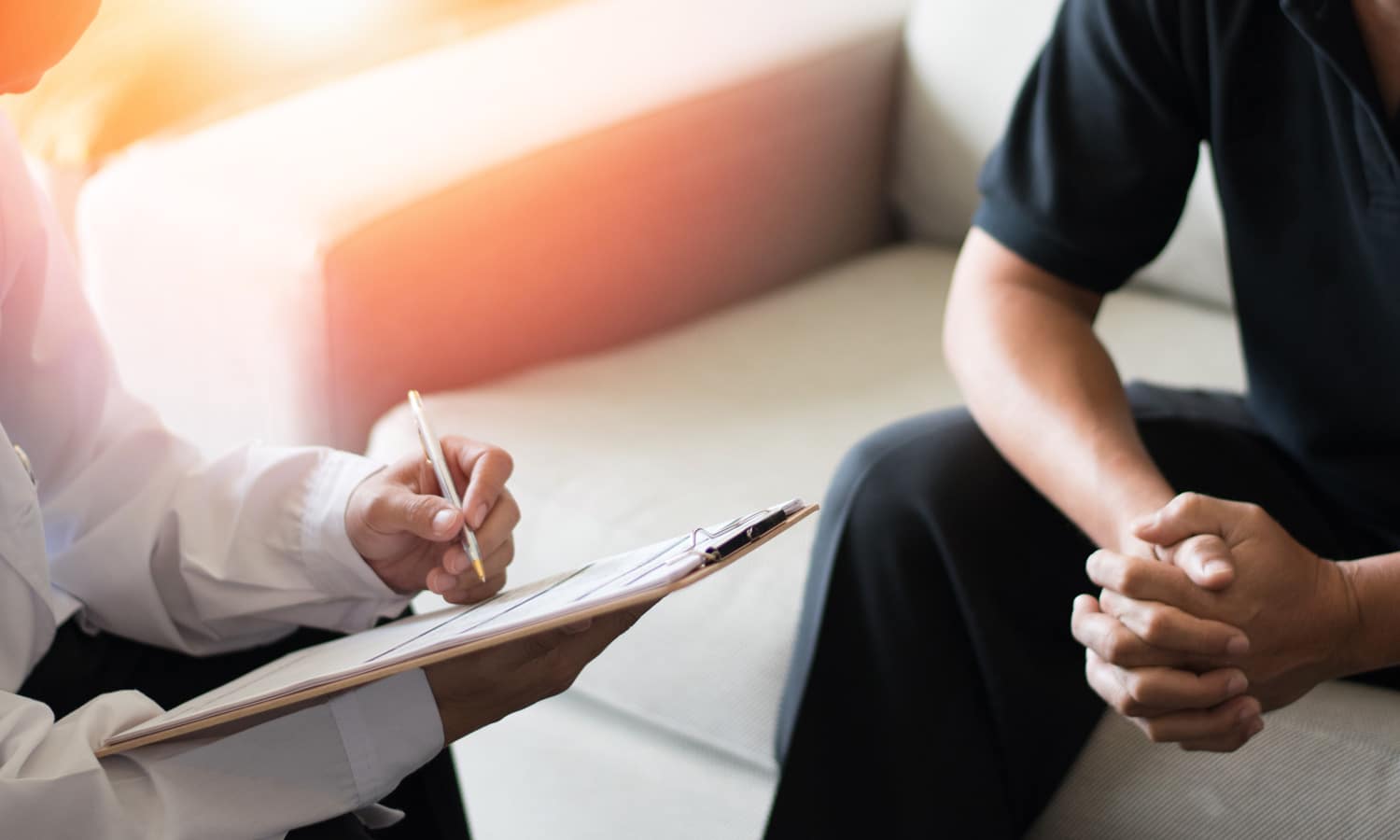
Ibogaine vs. Addiction: 5 Reasons It’s Safer to Do It in a Hospital
By Santiago Federico Richetti about El Planteo / Reviewed by Dr. Bruno Rasmussen Chaves
Ibogaine is a substance extracted from the root of the iboga, a shrub that grows in West Africa. It has been used in healing rituals by indigenous cultures for thousands of years. Since the 1960s, a number of studies have been conducted in both animals and humans that have demonstrated its properties in reducing withdrawal syndrome from opiates and other addictive substances.
Current scientific evidence confirms that ibogaine has potentially beneficial effects in treating chemical addiction, which is why various clinics around the world have started offering this type of therapy. However, it must be borne in mind that this is a drug with high toxicity and its irresponsible use carries risks for the patient, which can even mean death. For this reason, to ensure your safety, it is essential that the provision of these treatments is carried out in environments equipped with an infrastructure and a team of appropriate professionals according to the standards of modern medicine.
Photo by Karolina Grabowska via Pexels
Here are five reasons why ibogaine-based addiction treatments should be done in hospitals.
Need to perform procedures in a safe, legal environment with the necessary medical equipment and infrastructure
Ibogaine exerts its effects directly on the central nervous system, causing physical and psychological effects on the body. Its high toxicity poses some dangers associated with the dose and the context in which it is taken. For this reason, it is important that the sessions can take place in a comfortable environment and ensure patient support. This must have adequate infrastructure (spacious and clean facilities) and the necessary medical supplies (cardiac monitors and defibrillators) to ensure that treatment is safe.
It is also of great importance that the center where the session is held adheres to ethical codes and established medical protocols. Some providers often offer these therapies covertly and illegally in unregulated settings, which poses significant risks. It should be noted that the medical use of ibogaine is banned in several countries internationally.
However, the therapies supported in this way for the treatment of addicted patients are legal in some Latin American countries. In Mexico, for example, there are several private centers that legally offer this type of therapy, although government regulations in that country do not require it to be performed in hospitals. For its part, ibogaine is neither registered nor banned in Brazil, its import and use has been legal since 2013 as long as the patient has a doctor’s prescription. A 2016 Sao Paulo state decree stipulates that treatments based on the ingestion of ibogaine must be carried out under medical supervision and in the hospital. These types of regulations are essential to ensure the safe and legal use of ibogaine.
Need for prior medical and psychological examinations to determine contraindications
Due to the high toxicity of ibogaine, it is very likely that its intake can have undesirable effects on the functioning of the body, mainly the heart system. For this reason, it is usually contraindicated in patients with cardiovascular problems. Before carrying out the treatment, the patient must undergo a thorough medical examination to determine whether the treatment is risky or not. Each case must be analyzed by a qualified doctor who will determine if the patient meets the physical requirements necessary to begin the session.
 Photo by Thirdman via Pexels
Photo by Thirdman via Pexels
Ibogaine is also contraindicated in patients with psychiatric conditions such as schizophrenia, psychosis, bipolar disorder, or borderline personality disorder. It is therefore of great importance to carry out psychological or psychiatric examinations before starting treatment. The psychotherapist in charge of these investigations must assess the presence of these disorders and their severity in order to determine whether the patient is able to withstand treatment without complications.
RELATED: What Is Iboga, And How Exactly Does It Compare To Cannabis?
From these studies, the professionals responsible will determine whether or not carrying out the treatment is risky and, if they consider it appropriate, take the necessary precautions to reduce the possible risks during the session .
The hospital environment contributes to the physical preparation before the session
Ibogaine is a powerful drug whose effects can produce a physically intense experience for the patient. For this reason, the better the physical condition of the latter, the safer and more efficient the procedure. In general, doctors recommend staying hydrated, eating a proper diet based on healthy foods, and taking vitamin and mineral supplements. Likewise, it is recommended to abstain from water and fast for a few hours before the session, since the ataxia induced by the intake of ibogaine makes it difficult to have to go to the toilet during the session.
On the other hand, it is important that the patient avoids the use of any type of psychoactive drug for weeks before and during the administration of the treatment. In fact, the interaction of certain drugs with ibogaine could increase heart risk and even lead to death. For this reason, many centers tend to carry out a guided detoxification process some time before ingestion, which greatly increases the safety of the session.
Conducting the session in a hospital setting allows for appropriate supervision by healthcare professionals to avoid or reduce the side effects of ibogaine
Therapeutic interventions based on the intake of ibogaine are often controversial due to the risks involved. The most common side effects include dizziness, nausea, vomiting, motor coordination disorders and tachyarrhythmias.
From this it can be concluded that it is necessary for the sessions to be supervised by highly qualified medical professionals who carry out appropriate follow-up care in order to avoid or reduce possible unwanted harms caused by ibogaine. It is important that during the sessions the instructions of the attending physician are followed, who must adequately inform the patient about possible side effects and resolve any doubts. The presence of nurses or attendants is usually recommended after the end of the experience. Conducting the intake in a hospital environment ensures the presence of healthcare professionals for proper follow-up.
 Photo by Pornpak Khunatorn/Getty Images
Photo by Pornpak Khunatorn/Getty Images
Because it is a complex medical intervention with physical and psychological effects, the use of ibogaine for detoxification requires the support of mental health professionals, such as psychiatrists, psychologists or psychotherapists, in addition to the presence of qualified doctors to carry out the treatment. This is of great importance as not all patients can cope with the introspective experience produced by ibogaine and may suffer from anxiety and paranoia. Personalized follow-up care by these professionals will reduce the side effects of ibogaine on the patient’s psyche and improve the ingestion experience.
Need for post-session therapeutic follow-up to integrate treatment and avoid relapses
Taking ibogaine is an example of a larger therapeutic process. For this reason, it is important to maintain the necessary follow-up care in order to successfully complete the treatment. The creation of a post-session care plan is an essential part of treatment and must be overseen by the dedicated team of professionals. In general, it is recommended that the centers where the treatment is carried out offer a plan for follow-up care after the session, or at least articulate and collaborate with other therapeutic centers in charge of offering this care.
Psychological support is an essential factor in ensuring the success of the treatment. During the session and the days that follow, clients typically go through a process of significant psychological change and personal redefinition, which is why it is of great importance that they receive the support of mental health professionals to gradually return to their everyday lives.
Likewise, it is necessary for the follow-up care by the medical team to focus on preventing recurrence. It should be borne in mind that after ingestion, tolerance to the substance that created addiction in the patient tends to be much lower than before. This means that the usual doses he was used to taking could have more serious effects on the body and could even lead to an overdose. Having a relapse does not mean that the therapeutic process itself was useless; In some cases, professionals are evaluating the use of a second dose to improve the recovery process.
This article originally appeared on El Planteo and has been republished with permission.

Post a comment: